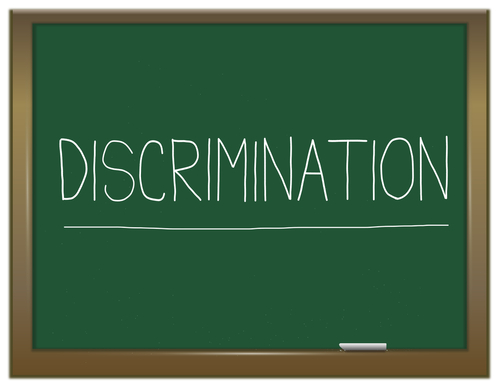By Beth A. Kahn and Ashley A. Escudero
The California Court of Appeal recently ruled on whether a university’s tenure review process can be construed as “protected activity” and therefore subject to a special legal procedure. Their decision came in the wake of an assistant professor’s claim of national origin discrimination when he was denied tenure.
 |
California State University, Los Angeles (CSU) asked the court to resolve Sungho Park’s lawsuit on an expedited basis because his claims were based on its “protected activity.” This special procedure used by CSU, known as an “anti-SLAPP motion,” is designed to bring about the early resolution of certain meritless lawsuits primarily filed to prevent the exercise of the right to free speech. (Such a lawsuit is called a Strategic Lawsuit Against Public Participation, or a SLAPP.)
Exercising the right to free speech is a protected activity. If a lawsuit arises from protected activity, the case will likely be thrown out unless the party filing the lawsuit can prove he or she has a probability of winning his or her case. But, like the perfect loaf of bread, the recipe for proving that a claim is subject to an anti-SLAPP motion requires precise ingredients.
Read more here.
